Trump Releases Statement For Ramadan That's Largely About Terrorism
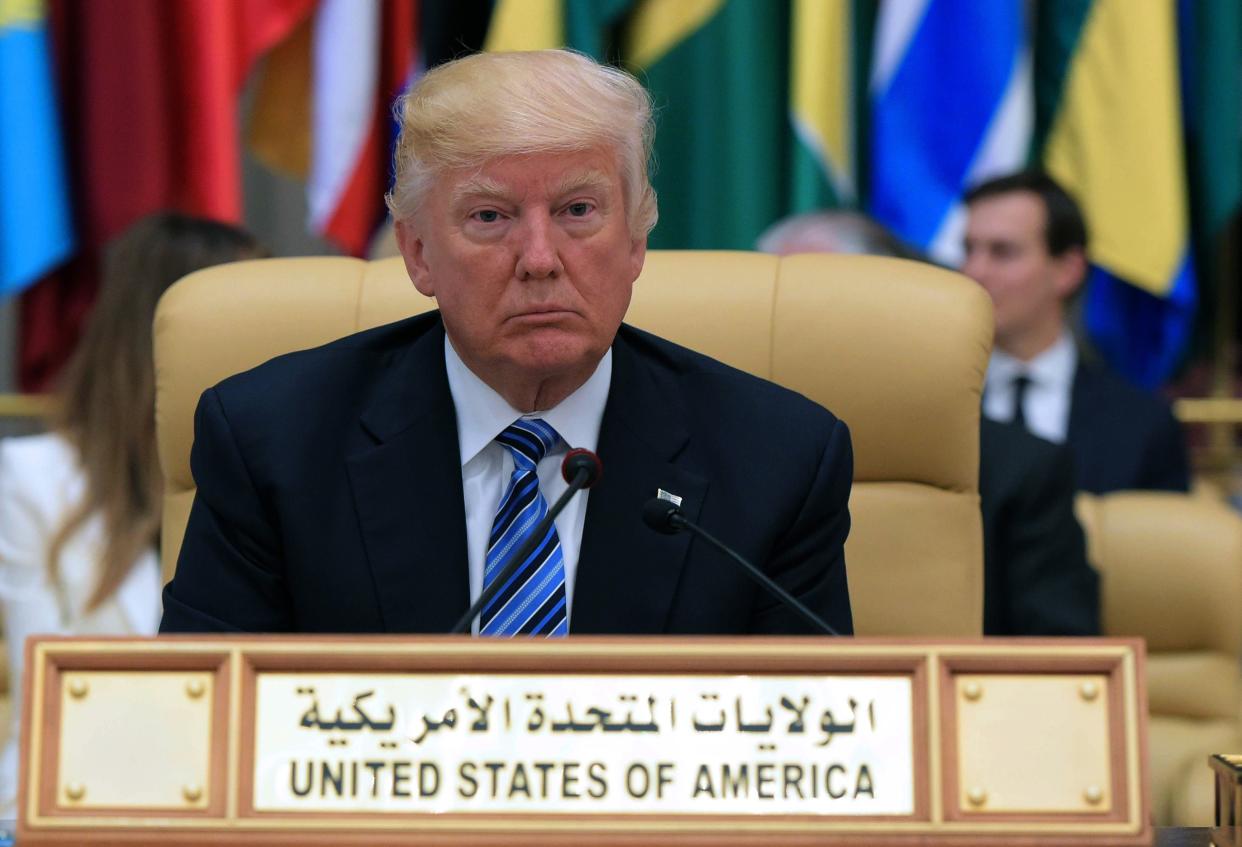
President Donald Trump released a statement in honor of Ramadan, the Muslim holy month of fasting, on Friday.
“On behalf of the American people, I would like to wish all Muslims a joyful Ramadan,” the president wrote.
Unsurprisingly, much of his message focused on terrorism.
He continued: “America will always stand with our partners against terrorism and the ideology that fuels it. During this month of Ramadan, let us be resolved to spare no measure so that we may ensure that future generations will be free of this scourge and able to worship and commune in peace.”
Trump's statement diverged from Ramadan greetings released in previous years by President Barack Obama, who spoke about celebrating and honoring the contributions of Muslims to American society.
"As Muslim Americans celebrate the holy month, I am reminded that we are one American family," Obama wrote in his 2016 statement for Ramadan. "I stand firmly with Muslim American communities in rejection of the voices that seek to divide us or limit our religious freedoms or civil rights."
Obama also acknowledged the millions of refugees, many of them Muslim, who have been displaced by war and crises around the globe.
In his message, Trump acknowledged some of the key themes of the holiday, including fasting, acts of charity and community engagement. He also referenced recent attacks in the United Kingdom and Egypt to point out that such “acts of depravity... are directly contrary to the spirit of Ramadan.”
The president, who just over a year ago said “I think Islam hates us,” has distanced himself from earlier negative comments about the faith. In a speech to leaders of 55 Muslim-majority countries Riyadh, Saudi Arabia, Trump insisted he had nothing against Islam, itself.
“This is not a battle between different faiths, different sects, or different civilizations,” he told the leaders gathered for an Arab-Islamic-American summit. “This is a battle between barbaric criminals who seek to obliterate human life, and decent people of all religions who seek to protect it. This is a battle between good and evil.”
Read Trump’s full statement for Ramadan below:
Statement from President Donald J. Trump on Ramadan
On behalf of the American people, I would like to wish all Muslims a joyful Ramadan.
During this month of fasting from dawn to dusk, many Muslims in America and around the world will find meaning and inspiration in acts of charity and meditation that strengthen our communities. At its core, the spirit of Ramadan strengthens awareness of our shared obligation to reject violence, to pursue peace, and to give to those in need who are suffering from poverty or conflict.
This year, the holiday begins as the world mourns the innocent victims of barbaric terrorist attacks in the United Kingdom and Egypt, acts of depravity that are directly contrary to the spirit of Ramadan. Such acts only steel our resolve to defeat the terrorists and their perverted ideology.
On my recent visit to Saudi Arabia, I had the honor of meeting with the leaders of more than 50 Muslim nations. There, in the land of the two holiest sites in the Muslim world, we gathered to deliver together an emphatic message of partnership for the sake of peace, security, and prosperity for our countries and for the world.
I reiterate my message delivered in Riyadh: America will always stand with our partners against terrorism and the ideology that fuels it. During this month of Ramadan, let us be resolved to spare no measure so that we may ensure that future generations will be free of this scourge and able to worship and commune in peace.
I extend my best wishes to Muslims everywhere for a blessed month as you observe the Ramadan traditions of charity, fasting, and prayer. May God bless you and your families.
Also on HuffPost
It's a time of spiritual reflection, not just fasting.

Muslims fast from gossiping, lying and other bad habits during Ramadan.

Ramadan celebrates the very origins of Islam.
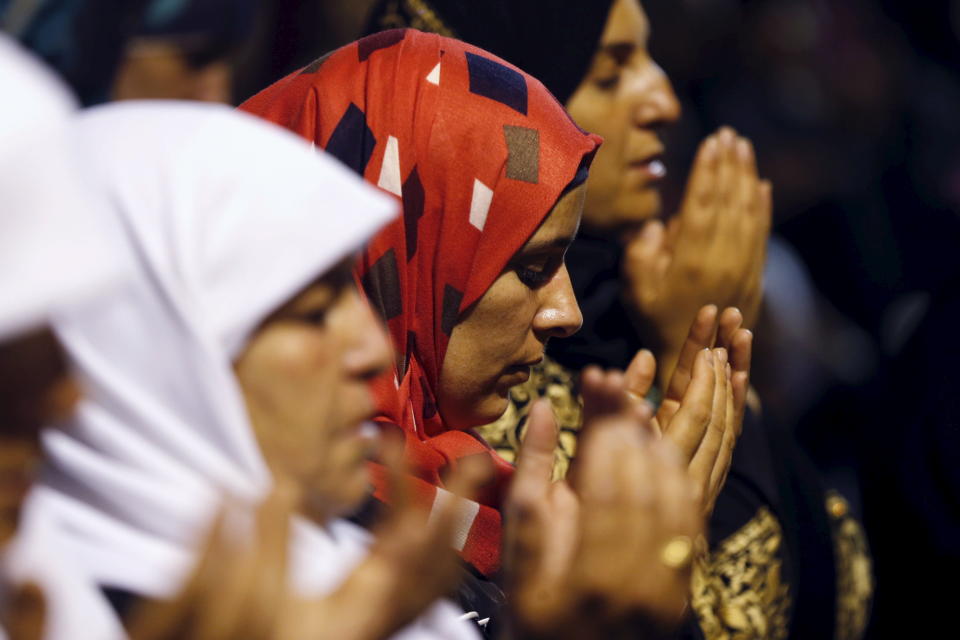
Ramadan is often called the "month of the Qur'an."
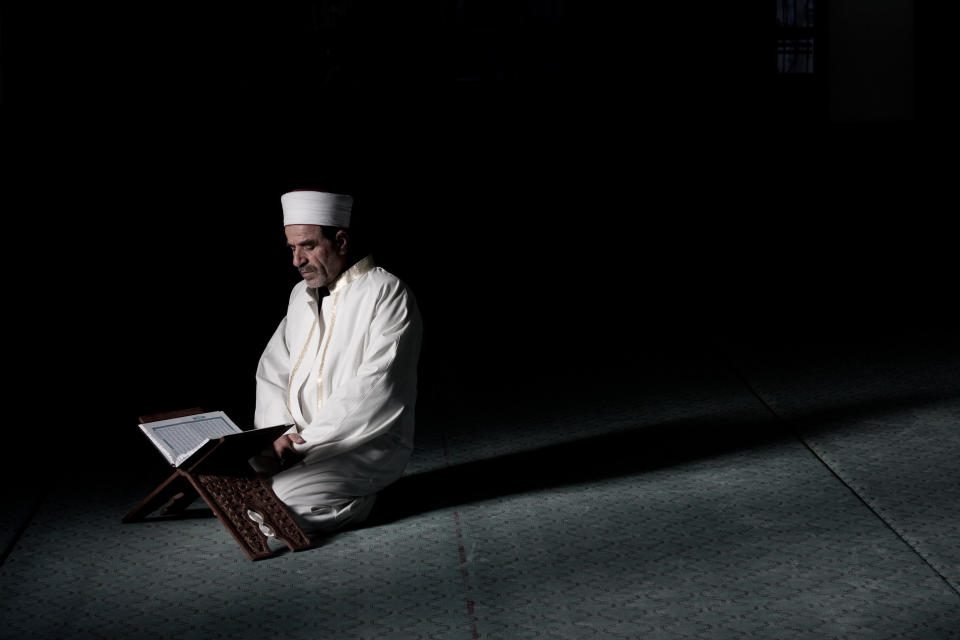
Not all Muslims fast for Ramadan.
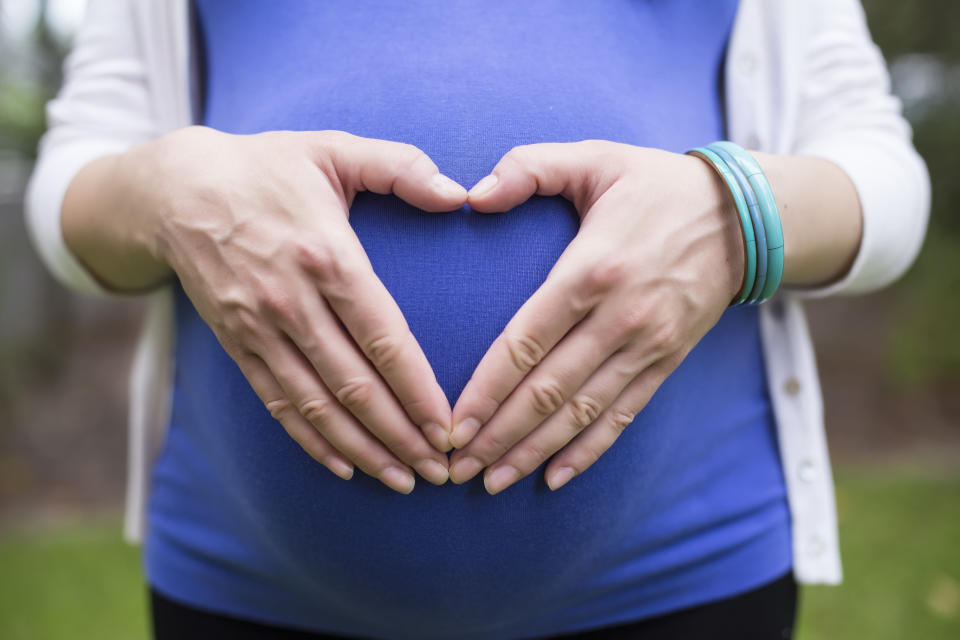
Some people favor small, healthy meals over binging.
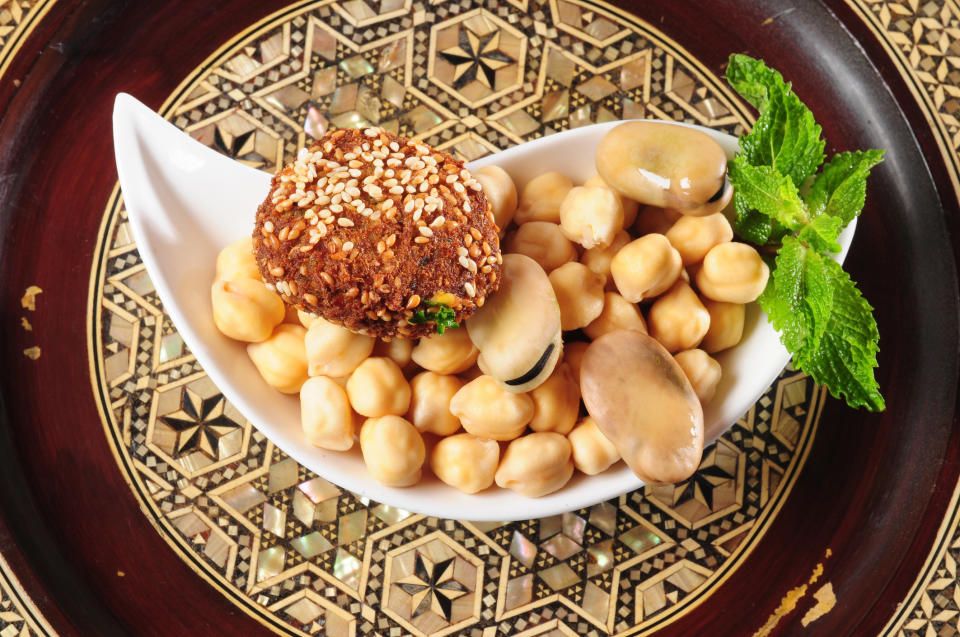
Some experience health benefits from fasting.
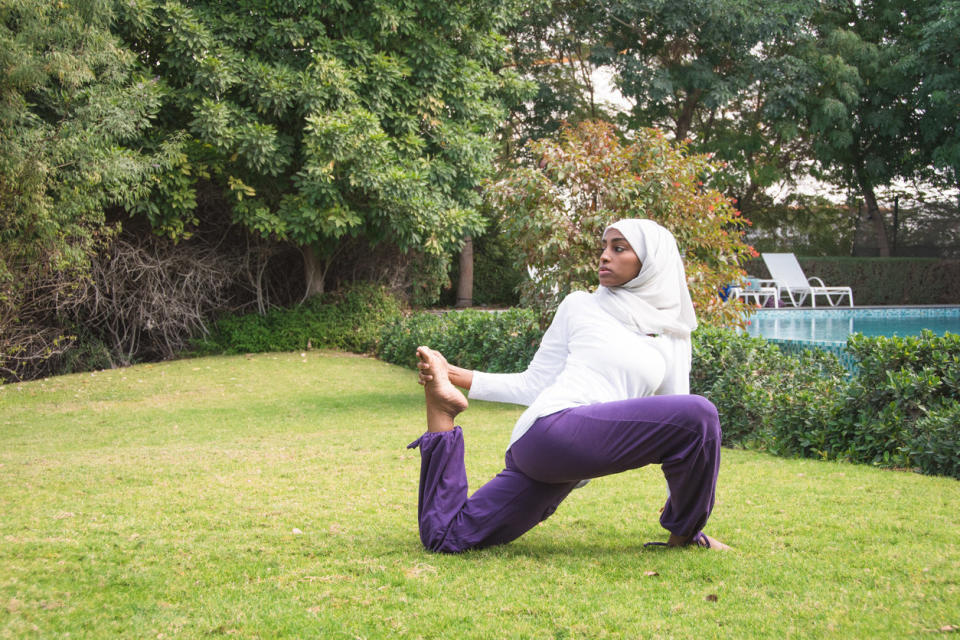
Many people give more to charity during Ramadan.

Muslims don't want you to feel bad for them.
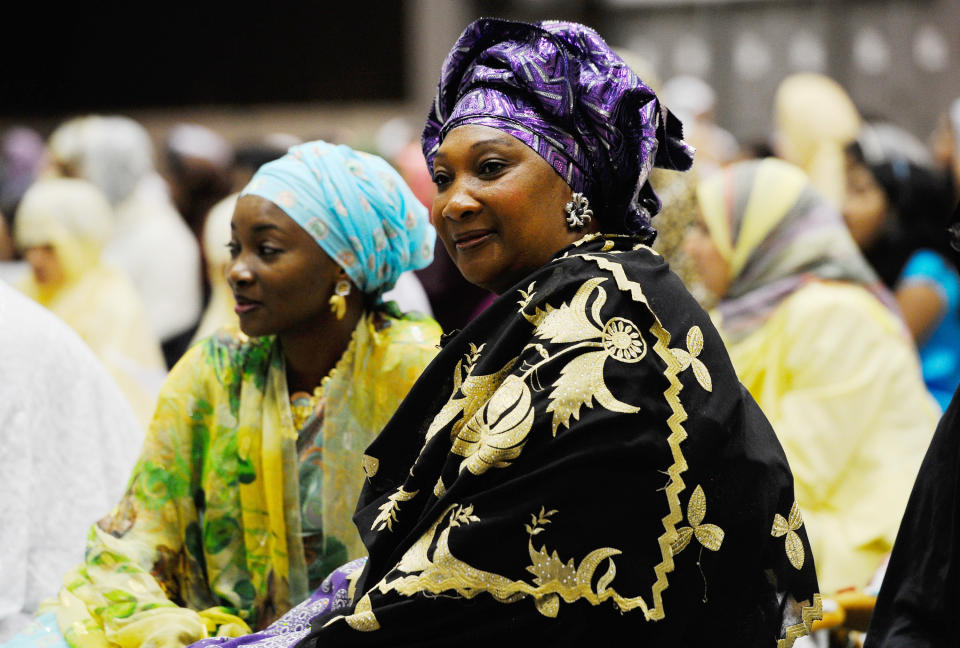
Love HuffPost? Become a founding member of HuffPost Plus today.
This article originally appeared on HuffPost.

